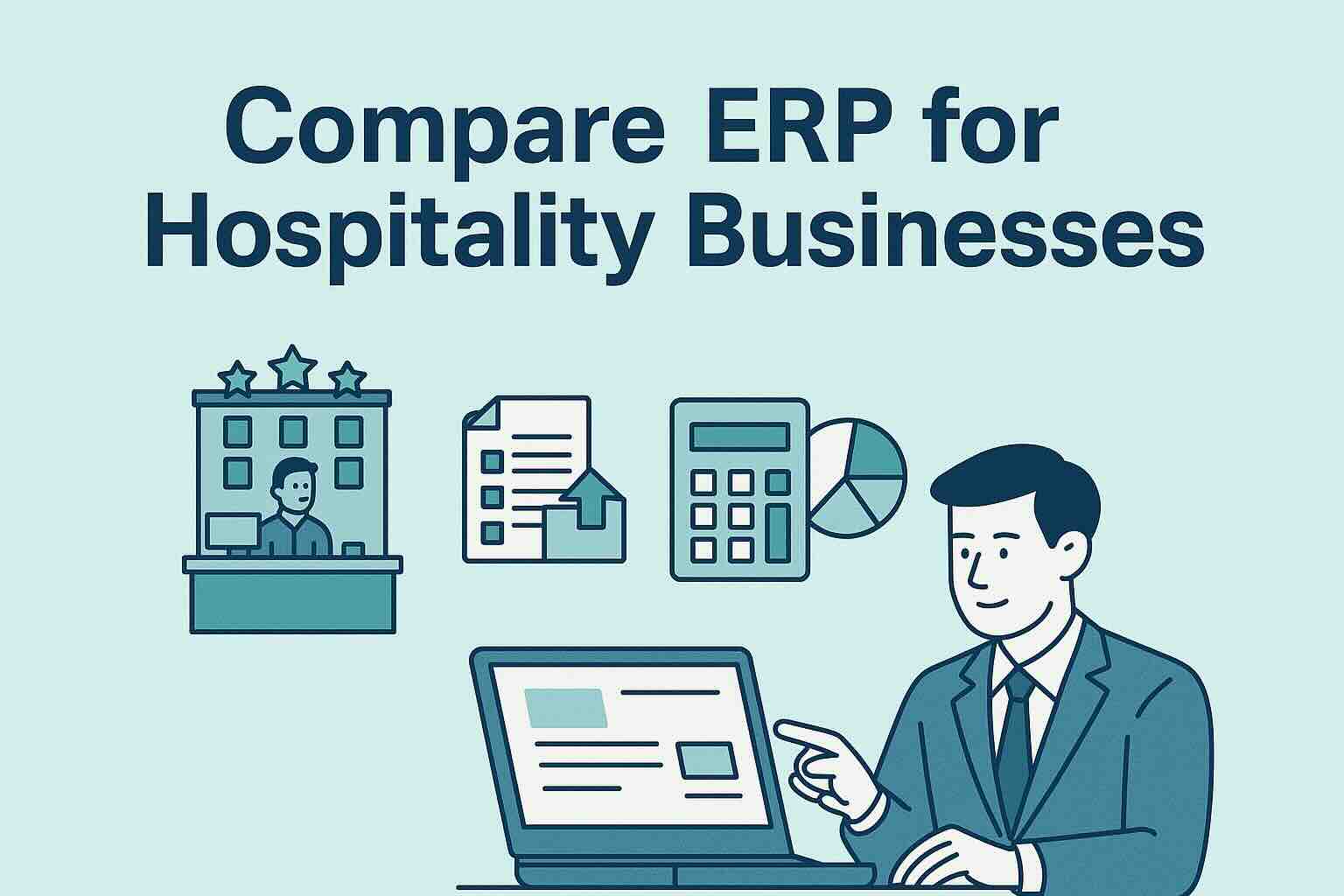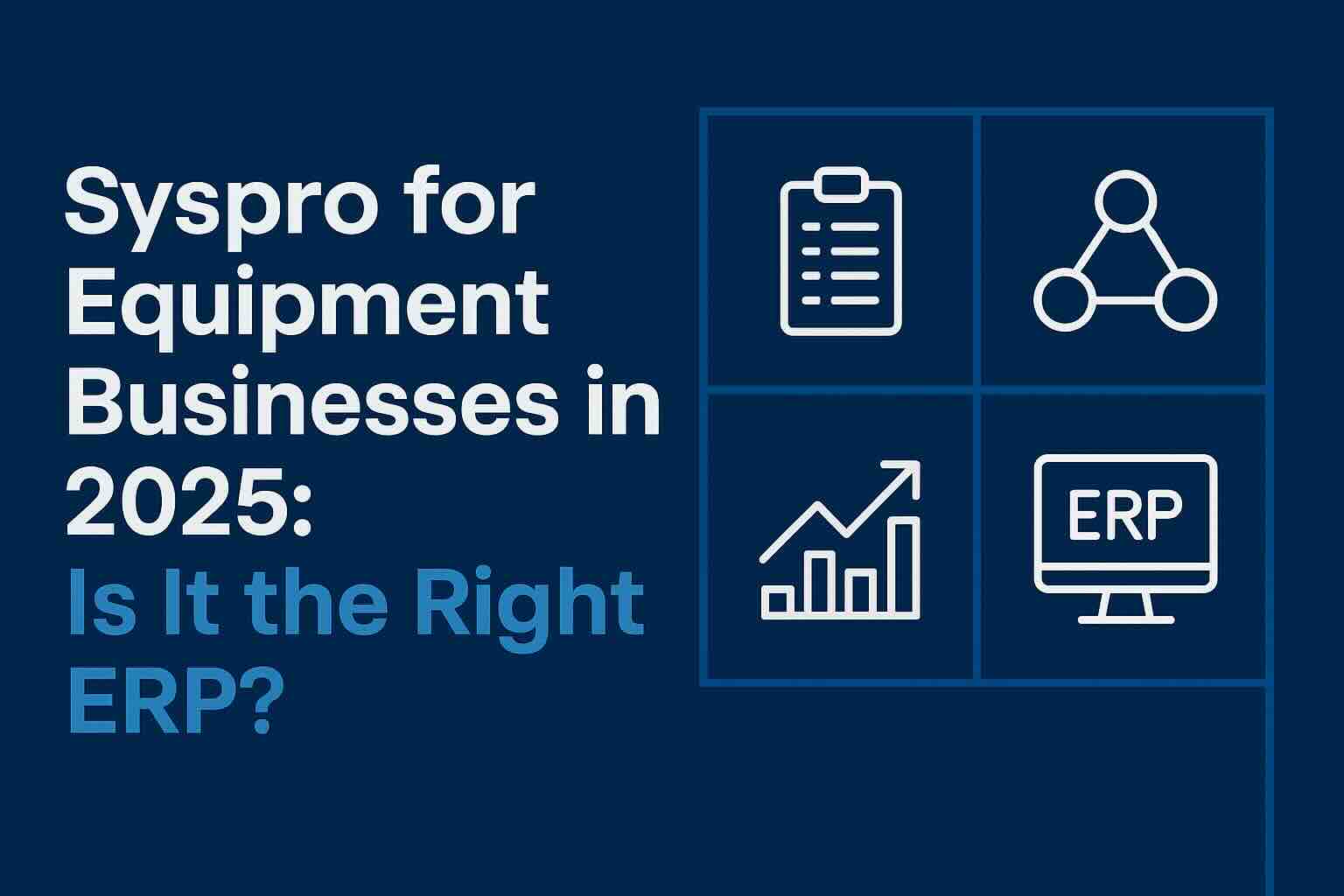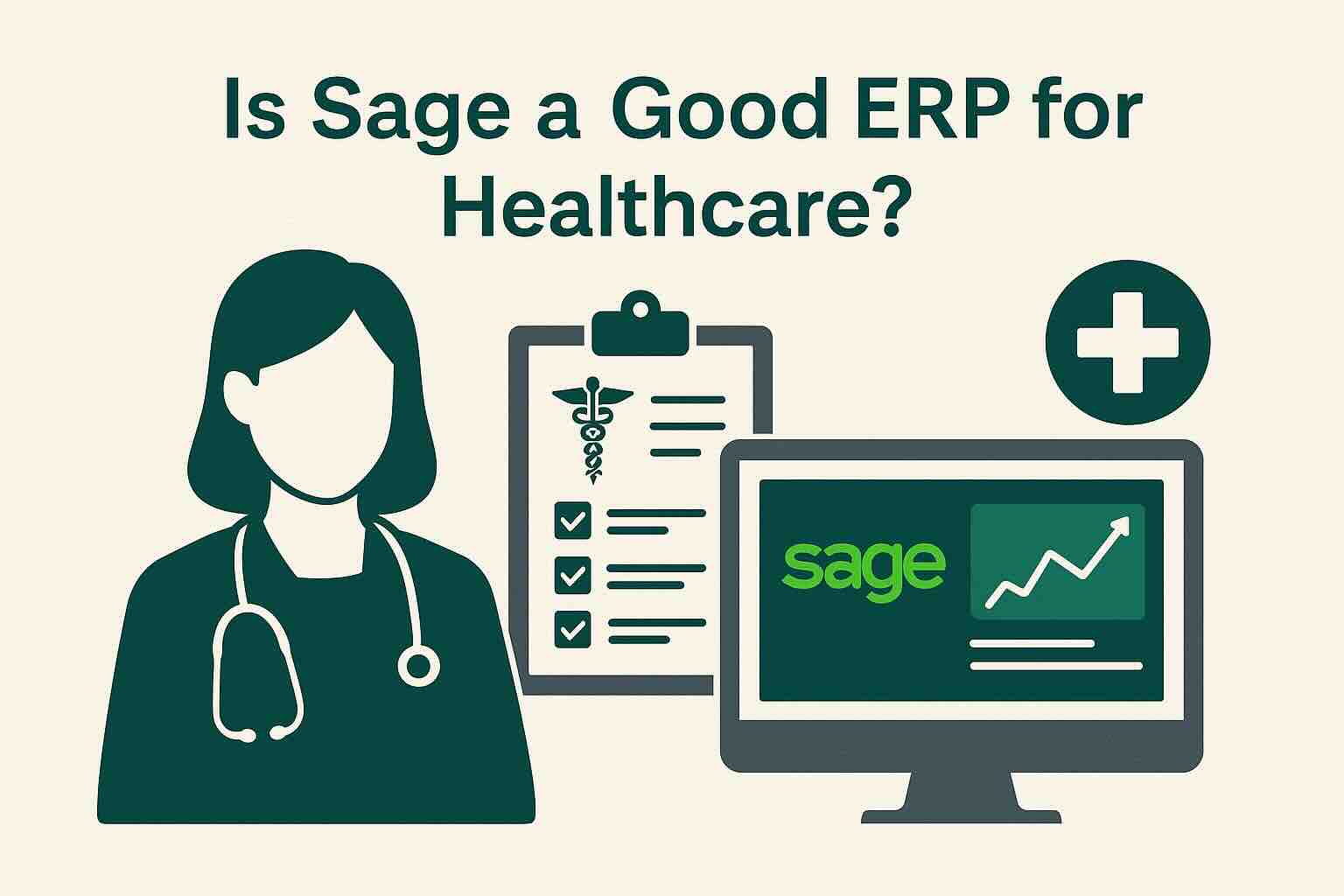The Best ERP for Telecommunications

In the dynamic and ever-evolving world of telecommunications, businesses face unique challenges that demand innovative solutions. Central to navigating this complex landscape is the deployment of robust ERP systems. As we delve into the best ERP for Telecommunications, it’s crucial to identify the features that make these systems stand out in this highly competitive sector.
The telecommunications industry, characterized by rapid technological advancements and regulatory changes, requires ERP solutions that are not just flexible, but also capable of managing large volumes of data, supporting complex billing structures, and facilitating seamless communication across various departments. In this context, the term ‘best ERP for Telecommunications’ goes beyond basic functionality to encompass a range of features critical for staying ahead in this fast-paced industry.
Acumatica, IFS Cloud, Oracle Cloud ERP, SAP S/4HANA, Sage Intacct, and Workday are some of the top players in providing the best ERP for Telecommunications. Each of these solutions brings unique strengths to the table, addressing specific needs of the telecommunications industry.
Acumatica
Acumatica offers a cloud-based solution that is known for its adaptability and scalability. This is particularly useful in telecommunications, where companies often need to scale their operations quickly in response to market demands. Acumatica’s robust financial management and project accounting modules are highly beneficial for managing complex billing and revenue recognition processes that are commonplace in telecommunications.
Click this link to find out more about Acumatica for telecommunications.
IFS Cloud
IFS Cloud is another strong contender, focusing on asset management and service-oriented architecture. Telecommunications companies often have extensive infrastructure and assets that need to be efficiently managed and maintained. IFS Cloud’s capabilities in asset lifecycle management and maintenance, repair, and overhaul (MRO) processes make it a valuable tool for such requirements.
Click this link to find out more about IFS Cloud for telecommunications.
Oracle Cloud ERP
Part of the Oracle ERP suite, Oracle Cloud is recognized for its comprehensive suite of applications that cover various aspects of business operations. In telecommunications, where customer relationship management (CRM) and human capital management (HCM) are critical, Oracle Cloud’s integrated approach ensures seamless data flow across departments, enhancing decision-making and operational efficiency.
Click this link to find out more about Oracle Cloud ERP for telecommunications.
SAP S/4HANA
SAP S/4HANA stands out for its powerful analytics and data processing capabilities. Given the massive amount of data generated in telecommunications, an ERP solution like SAP S/4HANA that can efficiently process and analyze this data is invaluable. This aids in forecasting, customer segmentation, and in optimizing network operations.
Click this link to find out more about SAP S/4HANA for telecommunications.
Sage Intacct
Sage Intacct focuses on financial management and is known for its strong core financial management capabilities. This is crucial in the telecommunications industry, which often involves complex financial transactions and requires compliance with various regulatory standards. Sage Intacct’s ability to provide detailed financial reports and comply with financial regulations makes it a good fit for this industry.
Click this link to find out more about Sage Intacct for telecommunications.
Workday
With its strengths in human capital management and financial management, Workday is well-suited for the telecommunications industry, which is labor-intensive and requires efficient management of human resources. Workday’s intuitive user interface and extensive reporting capabilities make it an excellent choice for managing the workforce and financial operations in a telecommunications company.
Click this link to find out more about Workday for telecommunications.
Conclusion
In conclusion, while each of these ERP solutions has its unique strengths, the best ERP for Telecommunications is one that aligns closely with a company’s specific operational needs and strategic goals. Factors such as scalability, data analytics capabilities, asset management, financial management, and user-friendliness should be considered when choosing an ERP system for a telecommunications company. With the right ERP solution, telecommunications companies can not only streamline their operations but also gain a competitive edge in this rapidly changing industry.
To compare these ERP solutions and many more, you can use our new AI-powered Compare ERP tool. It’s free to use and you get a guaranteed discount on your first year’s licence fees with a referral from Compare ERP.









